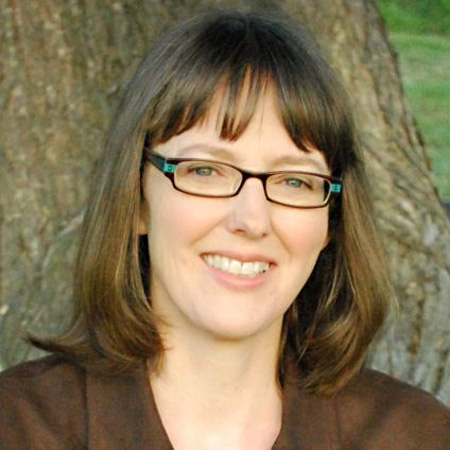Many of us have fond childhood memories of picture books like "Where the Wild Things Are" and "The Cat in the Hat." But distressing news was recently reported: some parents are encouraging very young children to choose "big-kid" books rather than picture books. Apparently this is due in part to parental concern about kids' future academic achievements.
I have four words for anyone steering kids away from picture books: Longer doesn't mean better.
The words in a picture book, since there are so few, must be chosen with great care and precision. A picture book author has only 600 words to create strong characters, a plot with increasing stakes, an emotionally-charged climax, and a satisfying resolution. This means that the writing in a picture book must be clear and concise. I suspect many adults, particularly those who write software terms and agreements, could benefit from a course on picture book writing. And yet picture books can contain complex ideas and have deep emotional resonance.
With school arts programs being axed, how much visual art does a child experience? If you take away advertisements and video games, probably not much. Yet each picture book contains numerous pieces of visual art. And kids relish that art, poring over it and often spotting details that we adults miss.
Some of the best picture books have no words at all. The absence of words allows room for imagination, and encourages critical thinking and the sharing of ideas. A child can even make up his own text -- a great way for kids to begin to learn about story structure.
